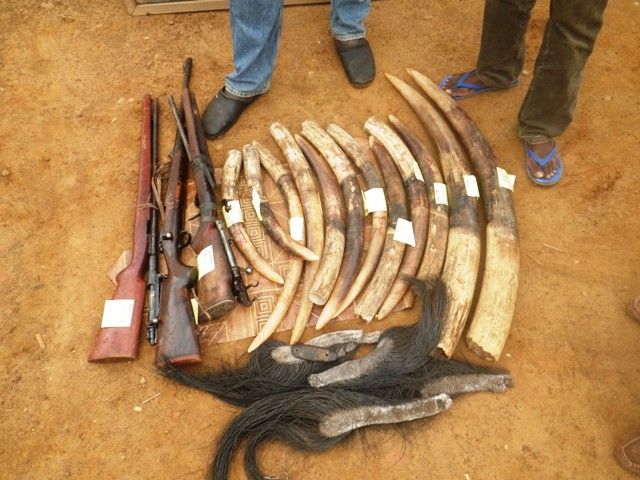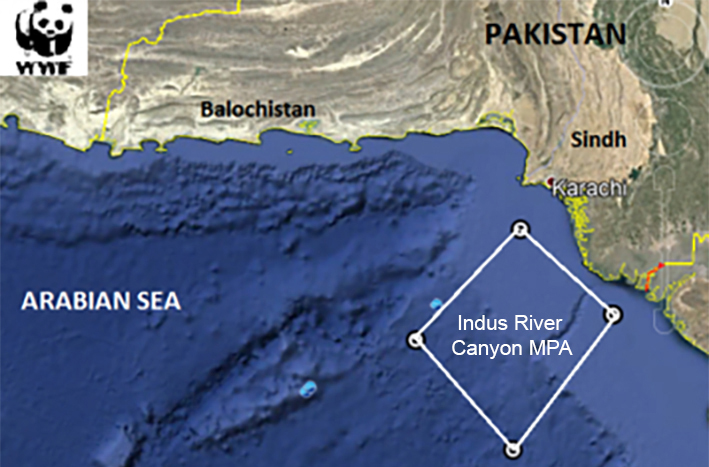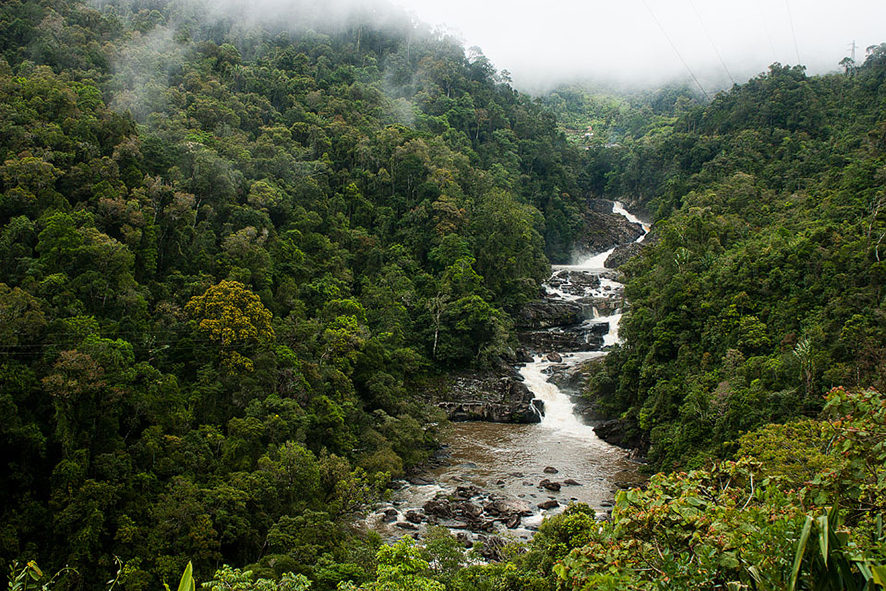The WWF is run at a local level by the following offices...
- WWF Global
- Adria
- Argentina
- Armenia
- AsiaPacific
- Australia
- Austria
- Azerbaijan
- Belgium
- Bhutan
- Bolivia
- Borneo
- Brazil
- Bulgaria
- Cambodia
- Cameroon
- Canada
- Caucasus
- Central African Republic
- Central America
- Central Asia
- Chile
- China
- Colombia
- Croatia
- Democratic Republic of the Congo
- Denmark
- Ecuador
- European Policy Office
- Finland
CONSERVATION PULSE
DECEMBER 2017 - JANUARY 2018

Belize moratorium on offshore oil activity
After receiving more than 450,000 emails from WWF supporters and the heightened activity of several NGOs, the government of Belize has signed an indefinite moratorium on offshore oil activities around its barrier reef – home to a UNESCO World Heritage site. The legislation, which was signed into law on 29 December 2017, marks the first time that a developing country has taken such a major step to protect its oceans from oil exploration and extraction, and places Belize in a tiny minority of countries with similar laws. The Belize Barrier Reef, the largest in the western hemisphere and home to almost 1,400 species, supports the livelihoods of around 190,000 people through reef-related tourism, fisheries and scientific research, contributing around 15 per cent of Belize’s gross domestic product. The move to stop damaging oil exploration in Belize’s territorial sea and Exclusive Economic Zone marks an important step towards protecting coastal and marine ecosystems worldwide.

Hong Kong bans ivory trade and increases penalties
Good news has followed China’s closure of its ivory market at the end of 2017. Following a petition from 91,000 citizens, Hong Kong’s legislature approved a ban on its domestic ivory trade (to be closed down in stages by 2021) and an increase to 10 years for the maximum penalty for wildlife crime offences. “This is the time to increase rather than to relax our efforts,” said WWF-Hong Kong’s Conservation Director, Gavin Edwards. “With stronger sentences in Hong Kong, law enforcement should take a greater role in joint efforts to investigate and prosecute criminal wildlife syndicates. WWF calls on governments across Asia to follow China and Hong Kong’s lead and close their ivory markets.” We would also like to see increased cross-border engagement, monitoring and intelligence sharing including further tightening of customs controls to reduce the devastating impact of the illegal ivory trade on declining elephant numbers.

Major advances in protecting wetlands in Colombia and Fiji
The Tarapoto Lakes system in the Colombian Amazon, a key habitat for river dolphins and other threatened species including manatees and black caimans, has been designated a Wetland Protected Area under the Ramsar Convention due to its global importance. The result of 10+ years of intensive work by WWF, the Omacha Foundation and the Ministry of Environment, the designation, supported by three indigenous communities, also seeks to consolidate fisheries management and support local fishermen to ensure the responsible use of fish stocks. And in an effort to better protect Fiji’s Great Sea Reef from the impacts of climate change and waste water run-off, large portions of it have been designated as a Ramsar site. The decision comes after years of effort by the government, local communities and WWF, with Prime Minister Frank Bainimarama saying that “we must replace the present culture of abuse with a culture of care”.

Pakistan declares the Indus River Canyon an MPA
By declaring the Indus River Canyon a marine protected area (MPA), Pakistan has met its commitment to the Convention on Biological Diversity (CBD) Aichi Target 11, that requires countries to protect at least 10 per cent of their coastal and marine areas by 2020. The 27,607 square-kilometre MPA had been earmarked as an ecologically or biologically significant marine area by the CBD in 2015 because of its rich biodiversity including cetaceans, sharks and other fish, and invertebrates. WWF-Pakistan started to collect information about the Indus River Canyon, a breeding ground for the highly endangered Arabian humpback whales, back in 2012 to help highlight the critical need for conservation. “This initiative will help protect marine ecosystems, processes, habitats, and species, as well as contributing to the restoration and replenishment of resources for social, economic, and cultural enrichment,” said WWF’s Dr Babar Khan.

20 successful years in Fandriana Vondrozo Midongy
Fandriana Vondrozo Midongy (COFAV), a 450,000-hectare forest corridor, is the lungs and water catchment for southeastern Madagascar. In December, we celebrated 20 years of successful conservation there, with 74 community-based organizations now managing their forests sustainably. The restored forests and rejuvenated water sources are due to more than 1.2 million trees planted by community members working for the well-being of future generations. The communities’ work to ensure better forest management has had noticeable impacts on the economic and social life of their villages. Due to money obtained as a result of their conservation efforts, communities in the southern reaches of the corridor have built a hospital, while northern communities have benefitted economically from producing essential oils.

Two big European water wins
The Bucharest Court of Appeal has withdrawn permits for hydro-power development on Romania’s Jiu River, in the heart of the Jiu Gorge National Park, after WWF and other NGOs joined forces to oppose the project. Had the plants been completed, they would have used about 85 per cent of the Jiu’s flow and endangered the future of the National Park. The area contains wooded and river habitats where brown bear, lynx, amphibians and invertebrates thrive. Meanwhile, a landmark ruling by the European Court of Justice, the highest EU authority, has recognized the right of NGOs across the EU to challenge decisions made under the Water Framework Directive – legislation to protect and restore EU waters. The case was originally based on a legal challenge launched by WWF-Austria against a hydropower plant.